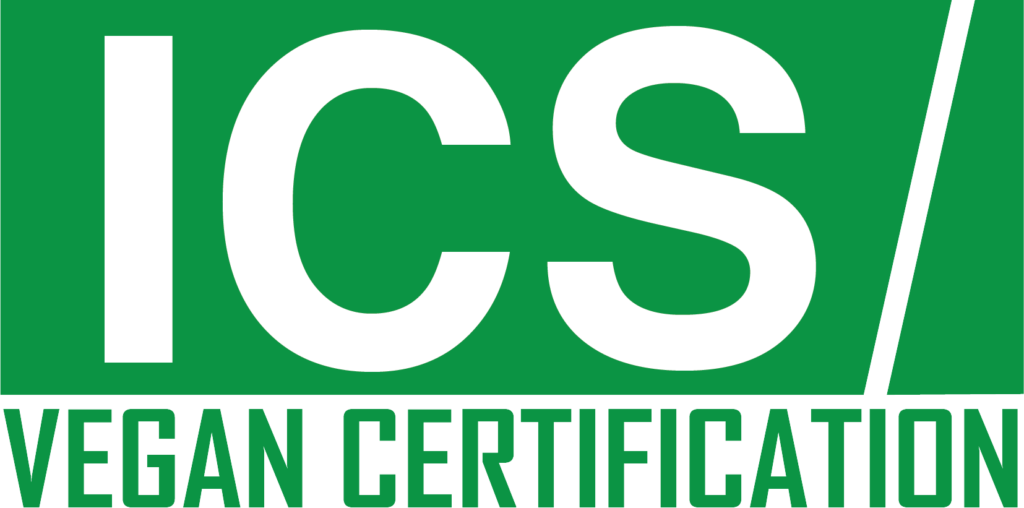
In recent years, the demand for vegan products has surged as more consumers become conscious of their dietary choices and their impact on the environment. Vegan Certification plays a crucial role in ensuring that products meet strict standards for ethical and sustainable practices. This article delves into the key aspects of Vegan Certification, the certification process, and the benefits it offers to organizations and consumers alike.
“Given below is the more detail about the Vegan Certification and you might be interested learning more about it. Rest of the part you can avail the certification from ICS to get your organizational dream come true by contact us by clicking below button.”
Vegan Certification serves as a mark of assurance that a product is free from animal ingredients and has not been tested on animals. This certification provides consumers with confidence that the products they purchase align with their ethical values and dietary preferences. Achieving Vegan Certification involves meeting specific criteria and undergoing a rigorous assessment process.
The Vegan Certification process includes several critical components essential for ensuring that products are truly vegan. These components cover ingredient verification, manufacturing practices, and labeling requirements. Each component plays a vital role in maintaining the integrity and transparency of vegan products.
A fundamental aspect of is ingredient verification. This process ensures that all ingredients used in a product are free from animal-derived substances. Organizations must provide detailed documentation of their ingredients, including sources and processing methods. This verification process prevents the inclusion of hidden animal ingredients and ensures the product is genuinely vegan.
Manufacturing practices play a crucial role in maintaining the vegan status of products. Requires organizations to implement strict procedures to prevent cross-contamination with animal-derived substances. This includes thorough cleaning and sanitization of equipment, as well as dedicated production lines for vegan products. By adhering to these practices, organizations can ensure the integrity of their vegan offerings.
Achieving Vegan Certification involves a systematic approach to implementing and maintaining vegan standards. The process begins with a thorough assessment of the organization’s current practices and identifying areas for improvement. Following this assessment, organizations must develop a detailed action plan to address any gaps and ensure compliance with the certification criteria.
Organizations must implement the necessary changes to align their practices with vegan. guidelines. This includes updating documentation, training personnel, and ensuring that all facilities and equipment meet the required standards. Integration with existing quality management systems can help streamline the process and ensure a cohesive approach to vegan product management.
Regular internal audits are essential for maintaining this. These audits help organizations assess their compliance with the certification criteria and identify areas for continuous improvement. Regular reviews and updates to vegan practices ensure that the organization remains compliant and adapts to any changes in regulations or industry best practices.
Offers numerous benefits to organizations and consumers alike. Firstly, it enhances the organization’s reputation by demonstrating its commitment to ethical and sustainable practices. This certification builds trust among consumers, who can be confident that the products they purchase align with their vegan values.
Achieving Vegan Certification boosts consumer trust and loyalty. Consumers are more likely to purchase products from brands that share their ethical values and dietary preferences. This increased trust can lead to improved customer retention and a competitive advantage in the market.
This Certification opens up new market opportunities for organizations. The demand for vegan products continues to grow, and certification provides a recognized mark of quality that can attract discerning consumers. Certification can also enhance the organization’s competitiveness, as it demonstrates a commitment to excellence and continuous improvement.
Vegan Certification helps organizations comply with regulatory requirements related to food labeling and product claims. Many countries have specific regulations governing the use of terms like “vegan,” and certification provides a recognized framework for meeting these requirements. Compliance with the certification criteria can help organizations avoid regulatory penalties and facilitate market access.
Vegan Certification is not a one-time achievement; it requires ongoing efforts to maintain and improve vegan practices. Organizations must regularly review and update their practices to stay compliant with the certification criteria and adapt to any changes in the industry. This commitment to continuous improvement ensures that the organization remains at the forefront of ethical and sustainable practices.
Organizations must also stay informed about emerging trends and best practices in the vegan industry. This involves keeping up with new ingredients, technologies, and production techniques that can enhance the quality and sustainability of vegan products. By proactively addressing these trends, organizations can maintain their competitive edge and continue to meet the evolving needs of consumers.
Provides a comprehensive framework for ensuring ethical and sustainable practices in the production of vegan products. Achieving demonstrates an organization’s commitment to upholding the highest standards of quality, integrity, and transparency. By following the certification criteria, organizations can enhance consumer trust, access new market opportunities, and ensure regulatory compliance. Continuous improvement and future readiness are essential to maintaining the effectiveness of vegan practices and staying ahead of industry trends. Vegan Certification is a valuable asset for organizations striving to excel in the ethical and sustainable production of vegan products.

For Quick Contact Leave Your Message We will Contact You Shortly Or Call Us At Given Numbers or Email Addresses. We Love to Deliver Our Efficient Services.
Copyright All Rights Reserved © 2025